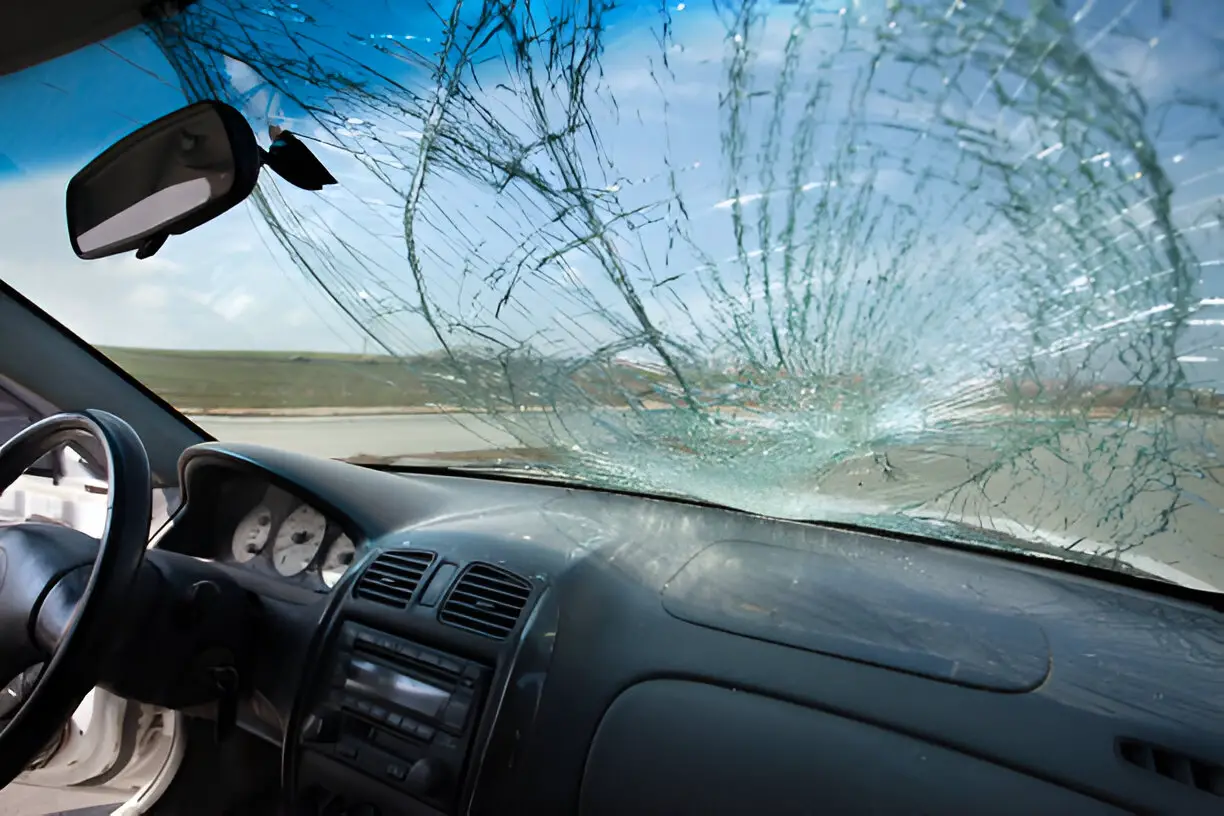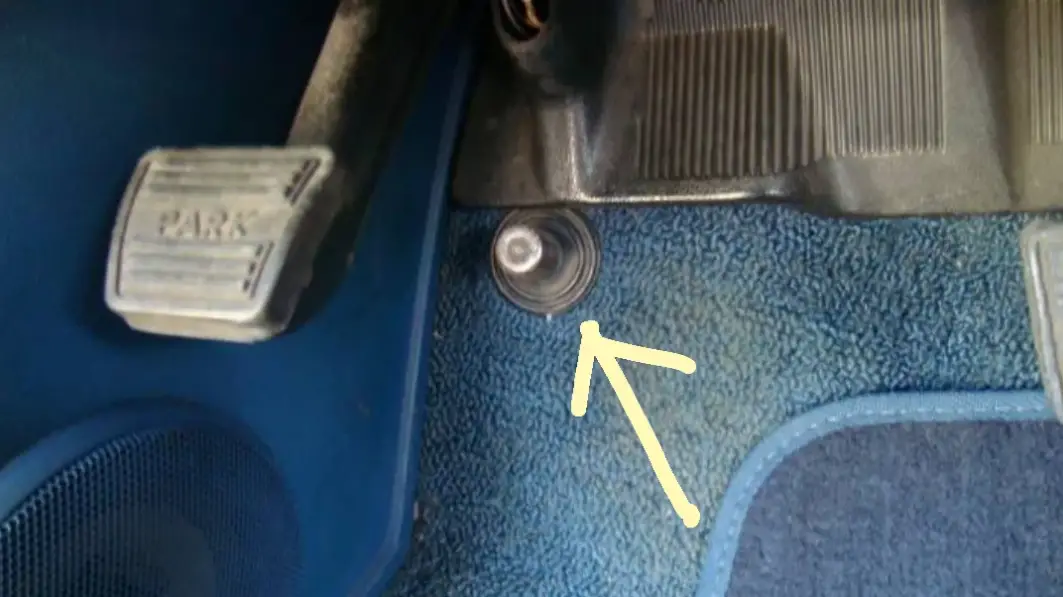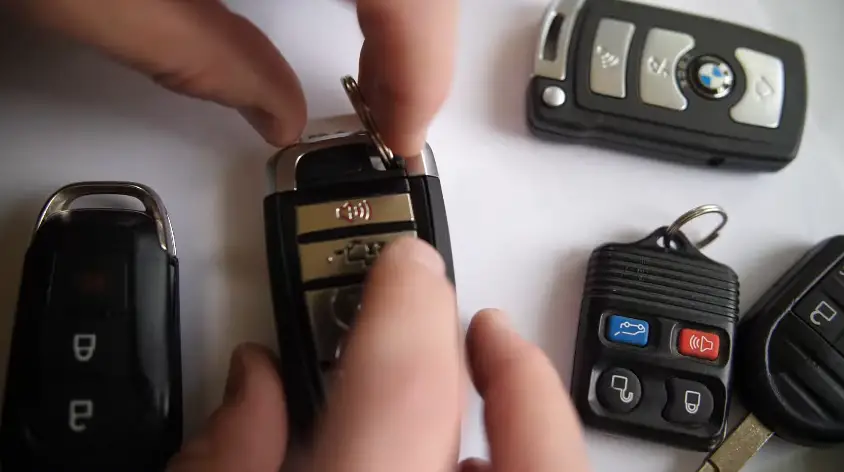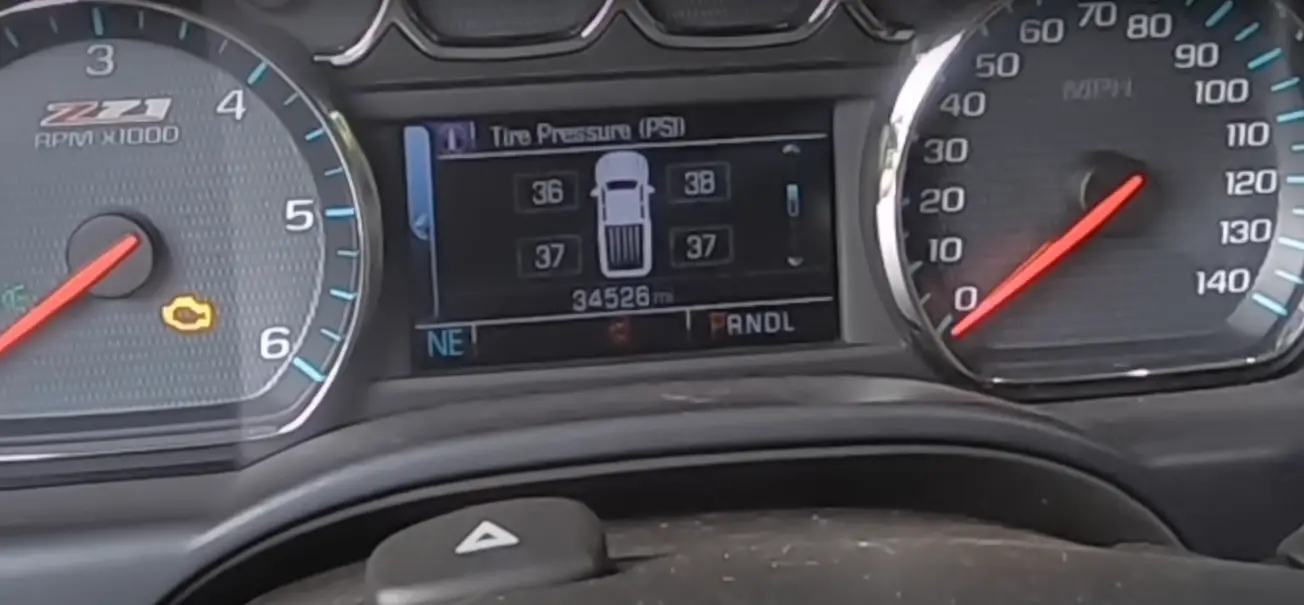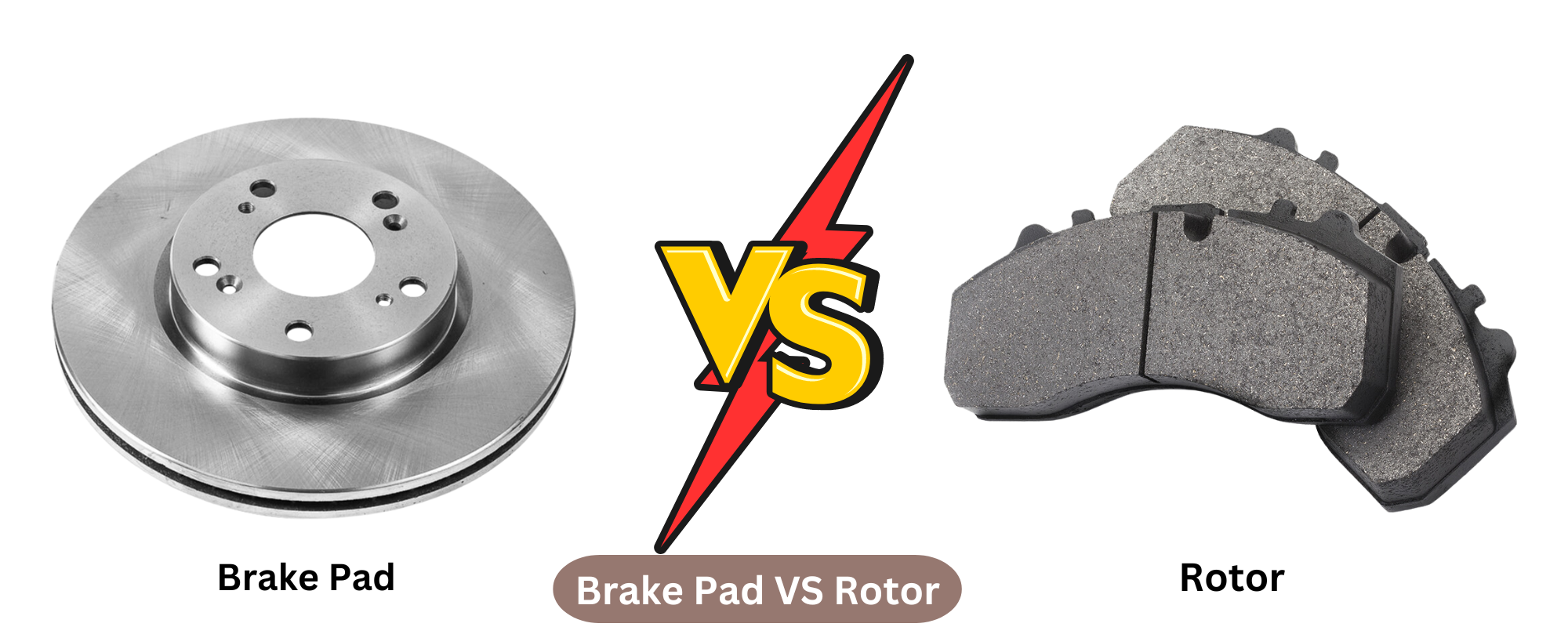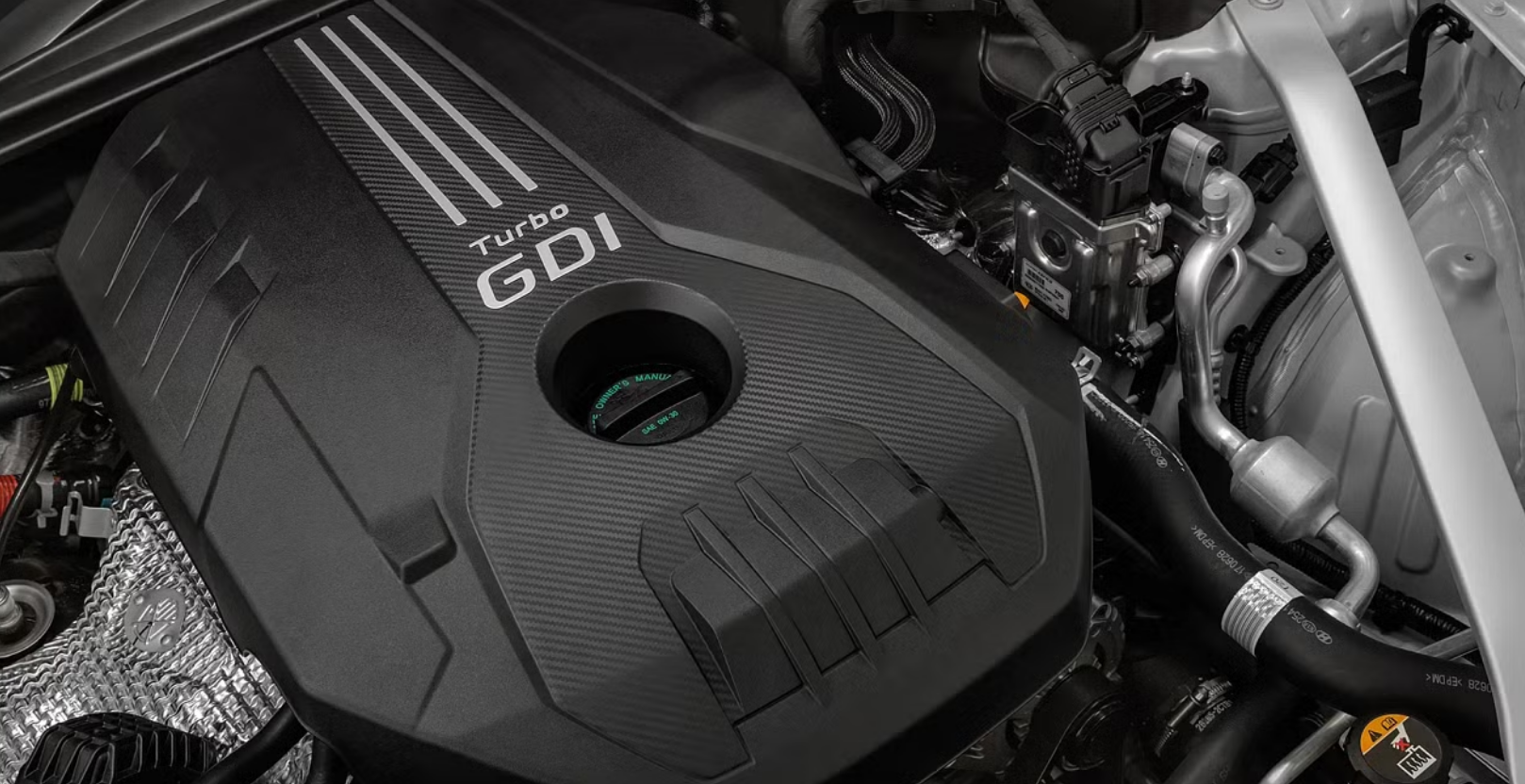Should I File a Claim for Cracked Windshield? A Comprehensive Guide
If the windshield crack is minor, paying out of pocket may be cheaper than filing a claim. However, if you have comprehensive coverage, a claim could help cover the costs. Always check your deductible and insurance terms before deciding.A cracked windshield is one of the most common issues car owners face, whether due to flying … Read more
